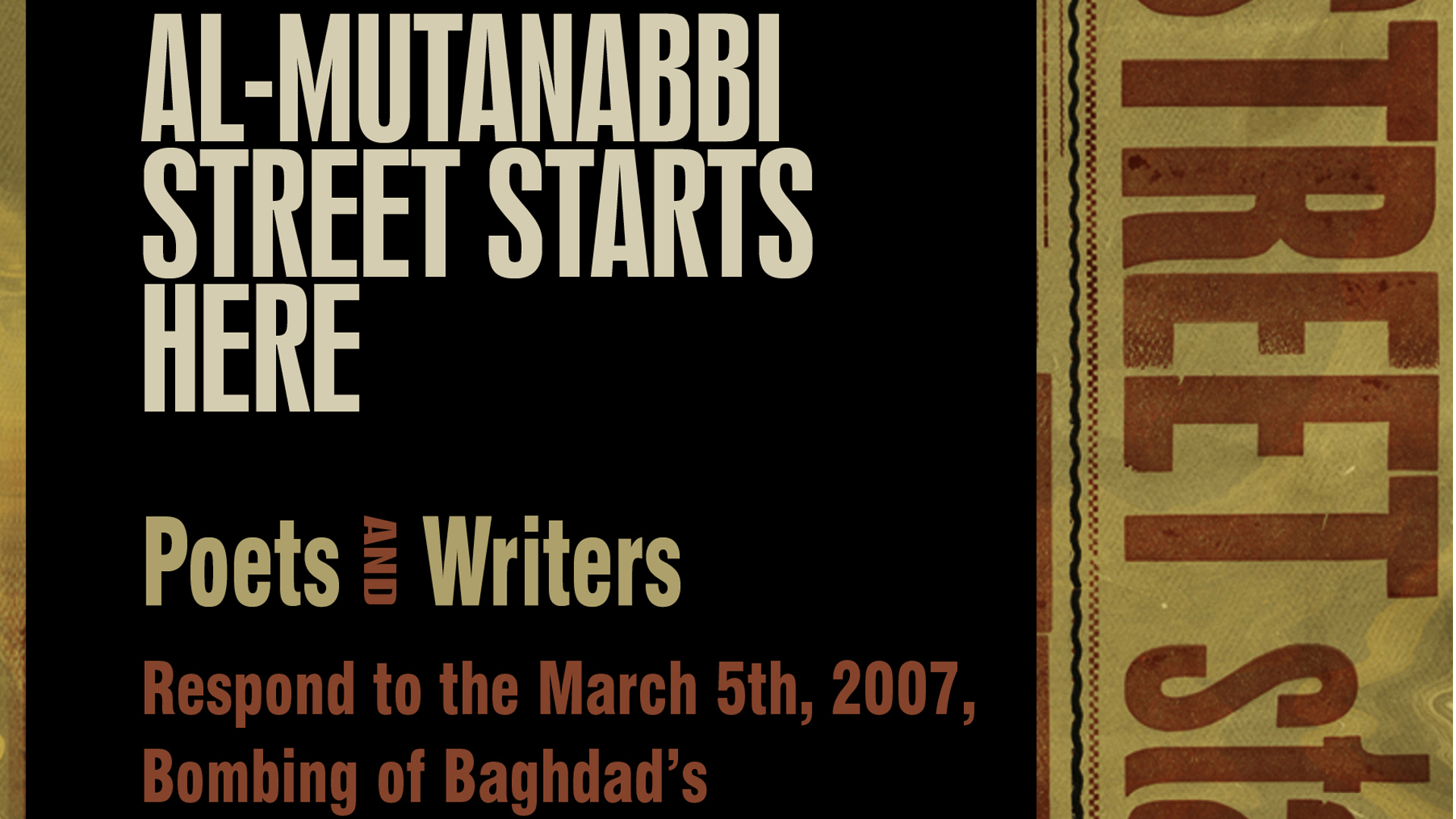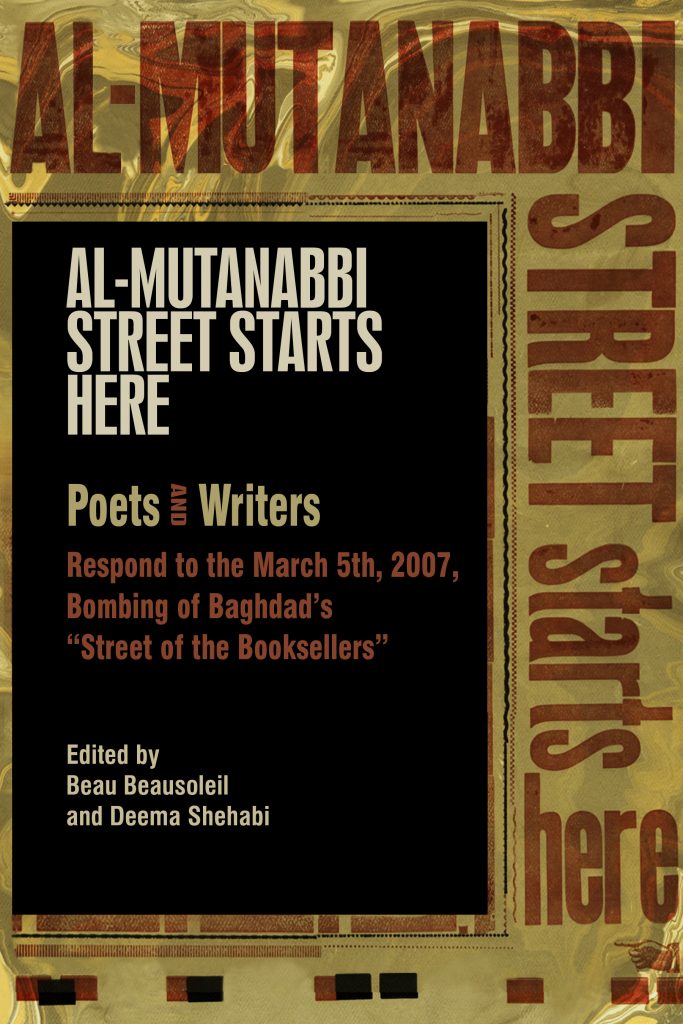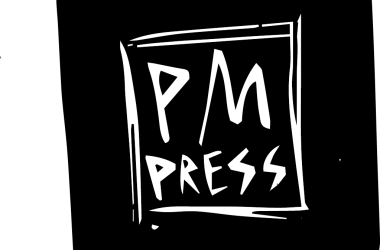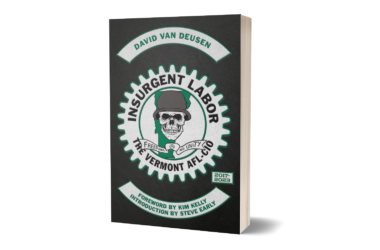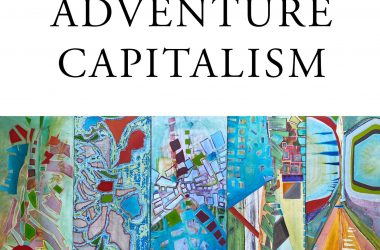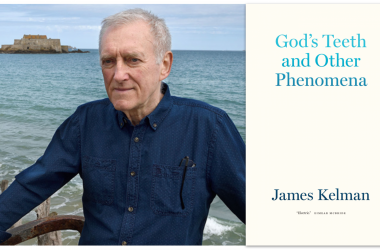by Deborah Stambler
The Huffington Post
September 24, 2012
As
painful as it is to watch the news of the Middle East and the explosive
reaction caused by the offensive film, Innocence of Muslims, it is
impossible to look away. With this in mind, I’ve been reading the
anthology of prose and poetry, Al-Mutanabbi Street Starts Here: Poets and Writers Respond to the March 5, 2007 Bombing of Baghdad’s “Street of Booksellers” (edited by Beau Beausoleil and Deema Shehabi).
Al-Mutanabbi Street Starts Here
looks squarely at what was lost five years ago when a bomb destroyed
the bookseller’s street in Baghdad. Thirty people died and at least 100
were wounded. While acknowledging the deep loss, the anthology seeks to
rekindle and celebrate the spirit of writing, art and the creative,
enduring human spirit.
Anthony Shadid, journalist and writer who died earlier this year in Syria, wrote the first piece in the book. It’s a reprinted essay from the Washington Post profiling Mohammed Hayawi of the Renaissance Bookstore on al-Mutanabbi Street. Hayawi was killed in the bombing. Shadid wrote, “Al-Mutanabbi Street always seemed to tell a story of Iraq . . . . In the months after the invasion, al-Mutanabbi Street revived into an intellectual free-for-all . . . Al-Mutanabbi Street today tells another story.”
One wonders what Shadid with his eloquent, informed prose would make of the story coming out of the Middle East today based on the attack to Islam that Innocence of Muslims represents for some and the anti-American feelings it has fueled. Reading this anthology, one is reminded of the beauty, hope and free exchange of ideas and words that sustains our human culture. The events unfolding currently call into question where the line is drawn between free expression that furthers culture and what is simply ignorant, hateful speech.
In his poem, What Prayer, Robert Perry writes, “The dark fire that makes/ the ordinary impossible.” The poets and writers respond over and over to the destruction, the fear, the loss and ultimately, the need to continue. They bring al-Mutanabbi Street to life. Poet Fadhil al-Azzawi, in his poem “Verses for Everyday Use,” writes “At the end of the day the fisherman always throws his torn net into the river.”
The river is a symbol that appears many times in the anthology. Azar Nafisi, author of Reading Lolitain Tehran, references the attack on Baghdad in 1258 by Mongols in her contributed essay. From this attack:
“It was said that the river Tigris became red one day and black the next day, and it was said that it became red with the blood of the victims that the invaders murdered, and it became black with the ink of the countless books from the libraries and universities. This image is symbolic of the connection between art, or imagination, and life. You cannot separate imagination from life. The moment you stop imagining, you will stop living.”
Throughout Al-Mutanabbi Street Starts Here, there is a feeling of call and response. Though the poets and writers included in the anthology created their pieces separately, there is a strong feeling of communal response. Many of the pieces answer to each other in reflecting on history and personal memories, speaking out against the violence and keeping alive the symbols and spirit of al-Mutanabbi Street. They call out for the life of a street in Baghdad that can speak to us all.
The symbol of the river, of water, of life and the image of the fisherman throwing in his torn net are tricks of the poet to turn real life into art, and keep art rooted in real life. Balancing prose and poetry, story and symbol, the anthology is a tribute to those who lived and died on al-Mutanabbi Street and the deep tradition of reading and writing that has always marked Iraqi culture. Beau Beausoleil created Al-Mutanabbi Street Starts Here as part of an ongoing project along with broadsides and artists’ books. Al-Mutanabbi Street Starts Here is a fine collection of prose and poetry by international writers that helps us turn our gaze, our hearts and minds to the free expression that connects us all. The anthology and other parts of the project firmly place the imagination and creative expression in its rightful place, with each of us — in our homes, on our streets and in our consciousness.
To order your copy of Al-Mutanabbi Street Streets Here, go to pmpress.org. You can find out more about the project, exhibits of the broadsides and artists’ books and readings at their Facebook page. I interviewed project creator Beau Beausoleil in March to mark the fifth anniversary of the al-Mutanabbi Street bombing with a series of exhibits and readings. You can find that interview at www.betweenpages.org.
Back to Beau Beausoleil’s Editor Page | Back to Deema Shehabi’s Editor Page

